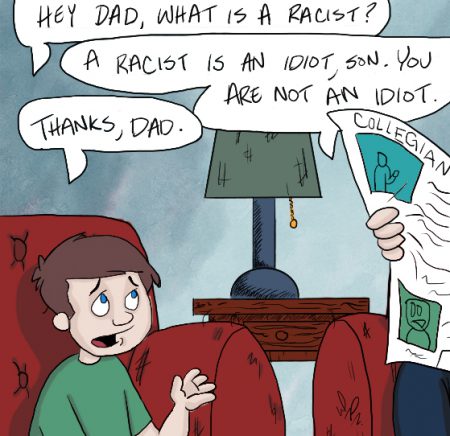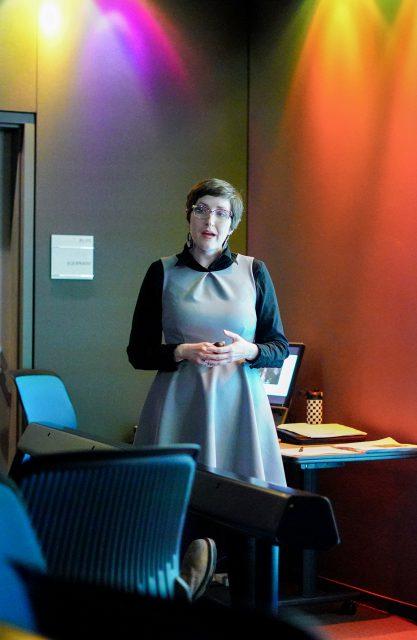For such a long time, families have followed an invisible rule at their dinner table, which is to avoid religion and political discussions.
While it’s understandable due to its sensitivity, parents may have to start exposing those topics to their children as early as possible with the number of headlines about racial issues and their consequences,
 As technology is rapidly growing, children may get exposed to racial discrimination in multiple platforms.
As technology is rapidly growing, children may get exposed to racial discrimination in multiple platforms.
Nowadays, most kids have access to phones, tablets or the Internet. Having a social media account is not a weird thing for young children anymore.
Even though there are children who are mature enough and able to understand what’s wrong or right, there will be some that may get affected by how cruel social media users can be.
They may see videos that expose them to racism, read comments from people who believe their race is superior, and since children are easier to manipulate, they may learn from those actions.
When parents are asked about racial issues or politics, they tend to shut down those topics in fear of the cathartic effect, but with kids, the more they get told “no,” the more they become curious and eager to find out the solution themselves, which may not always be the best thing.
Parents can use that opportunity to teach their children about racism and discrimination.
Giving those valuable lessons to their kids is more helpful than letting them get exposed to the current society, which is very complicated and may negatively affect the children.
No kid was born with bad intentions in their mind. They don’t have a particularly negative opinion about somebody’s skin color.
But if parents don’t discuss this with them early enough, once they start going to school and experiencing a certain somebody who gets bullied because of their skin color, they may join to fit in with the bigger group.
Gradually, this behavior sustains racism.
Parents should start talking to their children during the preschooler milestone. At three to five years old, they start reading well and will question a lot about their surroundings. While some questions can be sensitive or hard to explain, parents should be patient and take their time to discuss with their kids.
As children are developing, they need adults to direct them to grow in the right way.
Nobody can learn anything by themselves, especially complicated subjects such as racial discrimination. More life lessons can be learned with a little bit of parental guidance.
It does not take a lot of effort for adults to affect children as those kids are seeking ways to understand things in their surroundings.
Parents should be careful of what they’re discussing when their kids are around. The children may listen, and they will question.
If they don’t get an answer from this person, they may get in some other way.
Instead of letting their kids get exposed to a solution that they may not expect, parents should start explaining the concepts themselves.
They can use easy examples to help their kids understand that there’s no pride in disrespecting or offending the others no matter any circumstances, and they ought to learn to treat others the way they want to be treated.
Children should know that every human is beautiful in their own ways, and starting from that, they can learn to put the differences aside.
When discussing racism, white people tend to be the focus. However, it’s a universal problem, and any race can feel more superior to the others, thus creating racism.
All humans need to learn not to be racist and also protect people with different backgrounds from discrimination.
Racial discrimination is a tough lesson to explain to kids, but it’s one of the parents’ responsibilities to make sure that their kids are raised in the best way possible.
After all, children are future adults that are destined to create an effect in our society, and it’s best to make sure that they will make positive changes that will help the world better every day.































